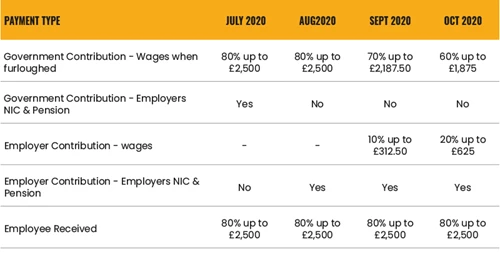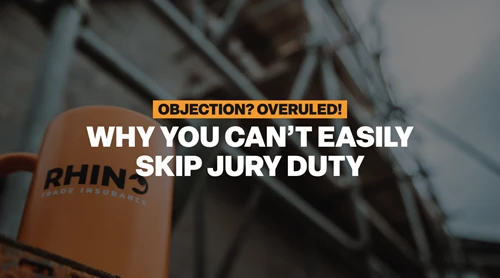
When Do You Think You’ll Be Able to Retire
Retirement can seem like a distant dream when you’re busy on the tools, but a little planning now can make all the difference later. Rhino surveyed 512 tradespeople to find out when they expect to retire, with answers ranging from under 40 to never!




